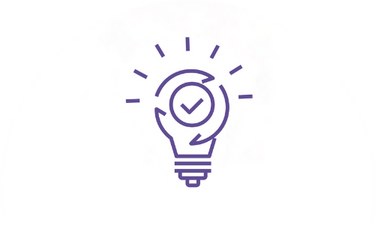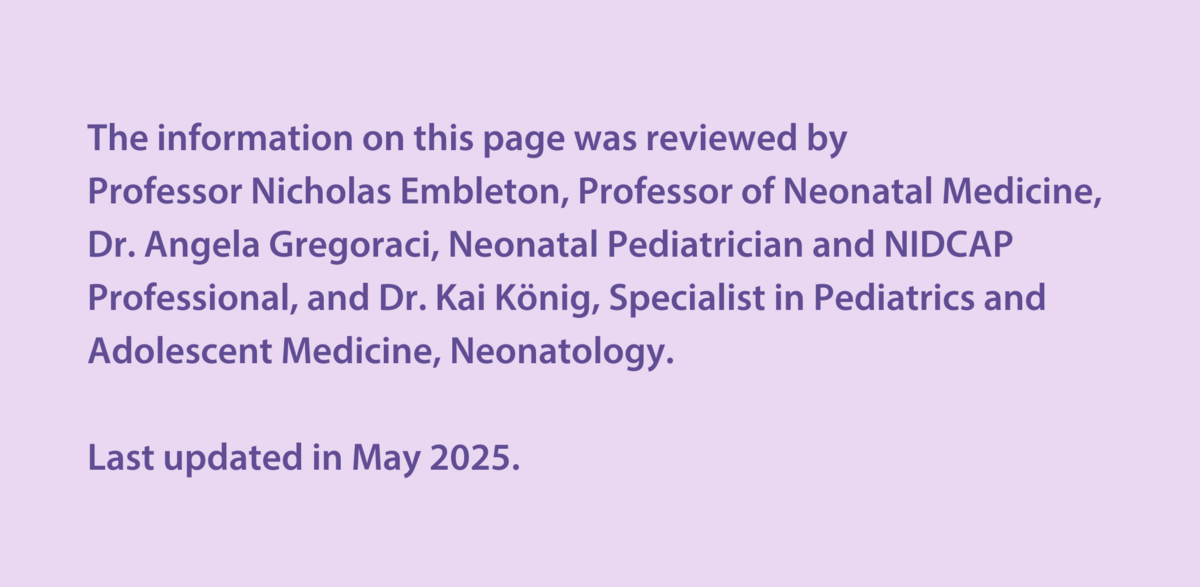A discharge manager or nurse may guide you through the main tasks during the first period at home. After a stay of several weeks in the neonatal unit, planning for the transition to home can start when your baby is stable, which may be a few weeks before the likely discharge date.
Key preparations and considerations
Before leaving the hospital, usually you will attend a meeting with the NICU care team to discuss the expected discharge date and the necessary preparations. In many neonatal units structured discharge management programs support parents and caregivers with information and training on key aspects of their baby's care. You get prepared for a safe discharge through special training, in depth conversations, and organizational support. Among other topics, you will learn to recognize how your baby behaves when they are uncomfortable. To make sure that you feel confident in providing the necessary care for your baby, always discuss important concerns and questions with the NICU care team.
Important topics to discuss before discharge
To make sure the family is ready to go home, parents and healthcare professionals discuss several topics before discharge. Points often considered are:
You can download a printout version of Important Topics to Discuss Before Discharge under Downloads on Neopedia.

There are several ways to prepare for your baby leaving the hospital. Ask your hospital about available options:
To make the transition home easier, think about what tasks you need to do before leaving hospital. Doing tasks in advance helps reduce the last-minute stress.

